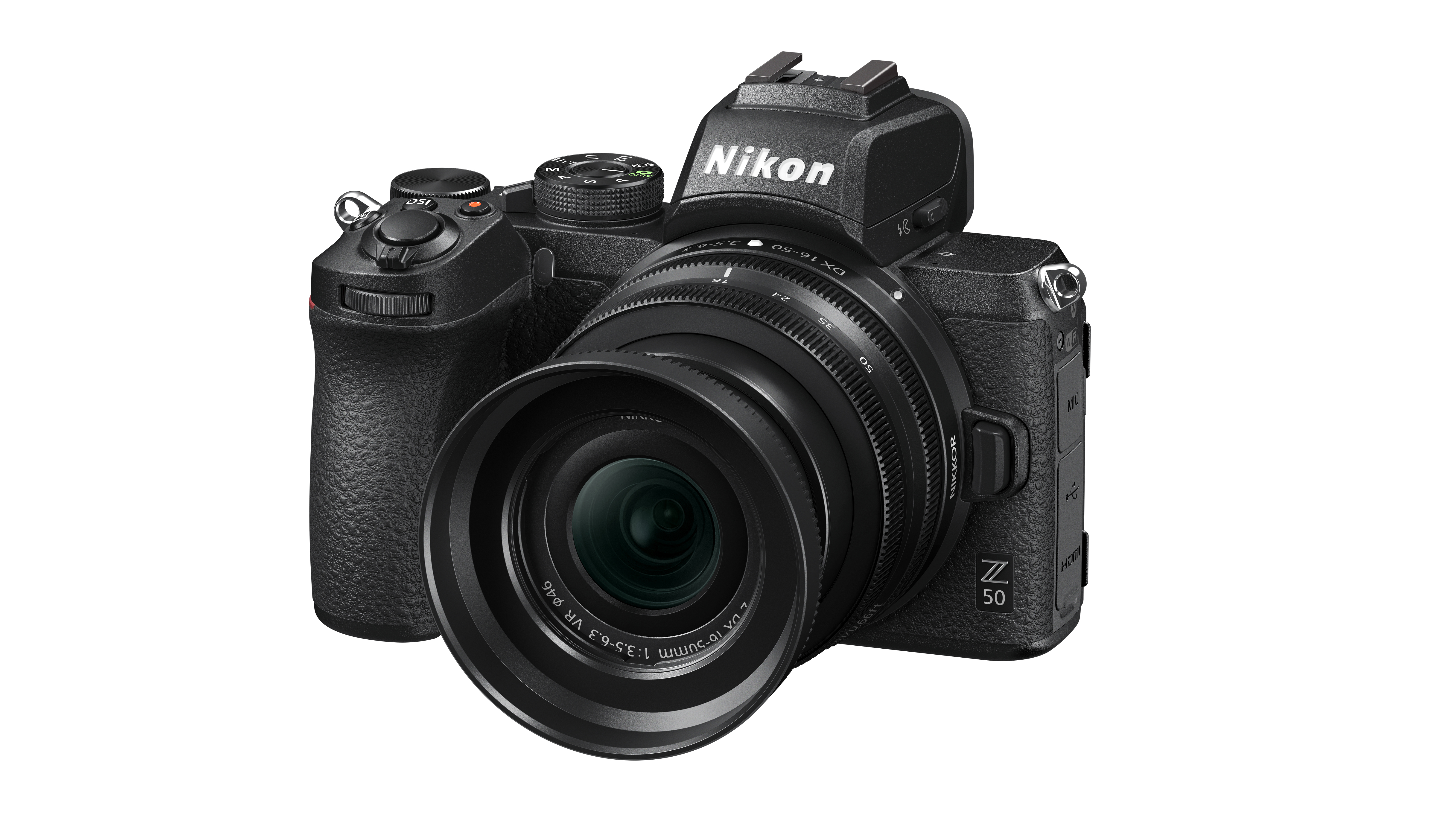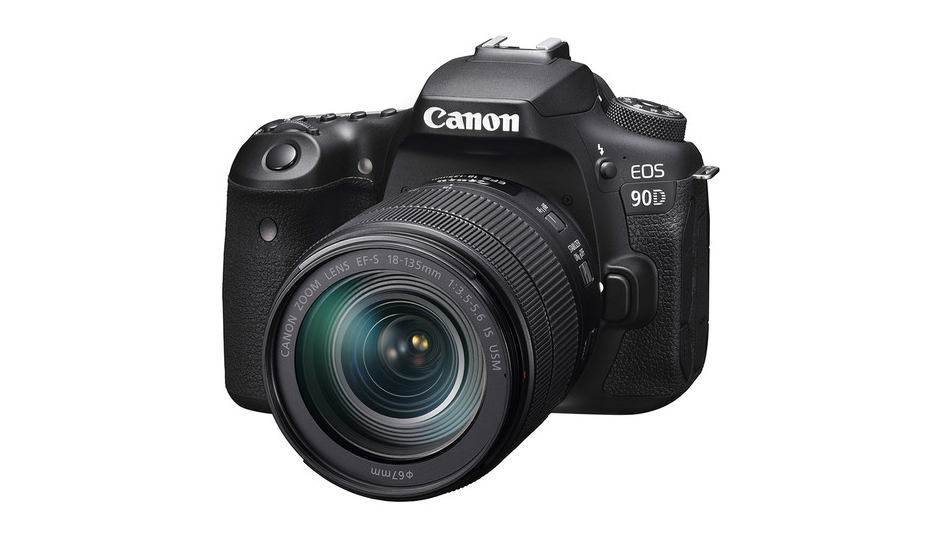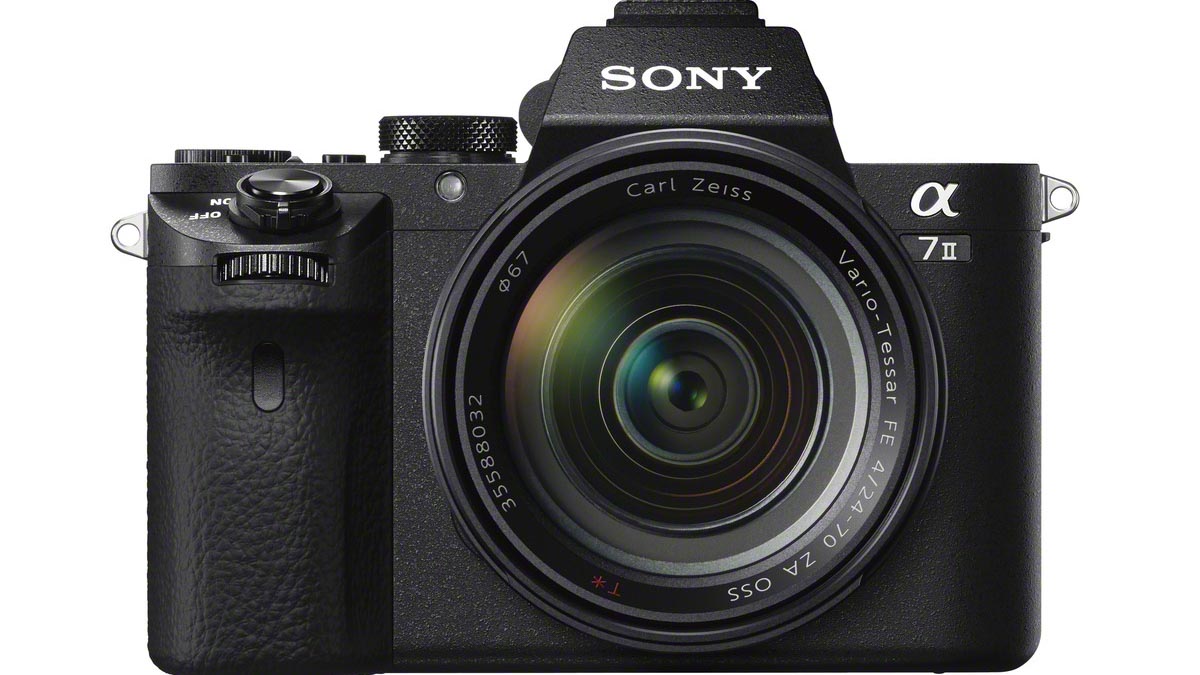Is a mirrorless or DSLR camera better for travel?
If your camera too big, too small, or just right?


Get all the latest news, reviews, deals and buying guides on gorgeous tech, home and active products from the T3 experts
You are now subscribed
Your newsletter sign-up was successful
For many travellers, a smartphone is enough; the quality of phone cameras is increasing so quickly that many are happy to leave a proper camera at home. However, the next time you take an incredible photo on your phone, put it on a desktop PC when you get home and zoom in on it. It will look noisy and over-processed. That's why there is still a big market for manual cameras that take far better photos than smartphones ever could.
Traditionally, a DSLR camera has always been the choice of professional and hobbyist photographers, but that's been changing in the last few years with the birth of the mirrorless camera.
- Before you go on holiday, check out T3's ultimate travel guide
- Make sure you're using the best suitcase
- This is the best carry-on luggage
- Best mirrorless camera
- Best DSLR
- Best travel camera
Without either a mirror behind the lens mount or an optical viewfinder (with uses a heavy glass prism), but still offering the flexibility of interchangeable lenses, mirrorless cameras appear to be all about downsizing and shedding weight. A no-brainer? Not quite. In practice, the mirrorless vs DSLR debate is far more nuanced. Both technologies have their advantages, and both have tradeoffs.
Here are six things to know before you make that all-important decision between mirrorless and DSLR cameras.

1. Mirrorless cameras are lighter
It’s true that mirrorless cameras are lighter than their DSLR counterparts, at least in general, but don’t get too obsessed by that fact because it’s a difference that’s narrowing. However, if you’re more likely to take a lighter camera on a trip with you, a mirrorless model can make a lot of sense.
There is a caveat; lenses for mirrorless cameras can be lighter than their DSLR counterparts or they can be heavier. It just depends on the focal length, and even with a mirrorless camera and a few lenses, it’s possible to finish up with a heavier package than a DSLR owner. That goes double because the latest models tend to feature a better build quality, more physical controls, bigger grips, larger viewfinders, and bigger batteries.
Mirrorless cameras are typically lighter than DSLR cameras, but don’t assume; always check and make comparisons.
Get all the latest news, reviews, deals and buying guides on gorgeous tech, home and active products from the T3 experts
2. DSLR cameras have bigger batteries
The more compact, often lighter form of mirrorless cameras can be something of a smokescreen. It’s partially achieved by specifying mirrorless cameras with smaller batteries, which means they drain their batteries faster than DSLRs. Saddled with smaller batteries, the number of photos a mirrorless camera can take per charge is usually vastly less.
Mirrorless cameras tend to achieve about 350-400 photos per charge while even entry-level DSLR cameras often reach 1,500 shots per charge.

3. DSLR cameras have optical viewfinders
One reason that mirrorless cameras have a poor battery life is that they have always-on LCD screens and electronic viewfinders. All DSLR cameras have optical viewfinders, which are far superior in terms of image quality. They also draw almost no power from the camera’s battery.
4. Mirrorless cameras are better for video
With video all the rage, mirrorless cameras may have found their niche. DSLRs have been used by professional videographers for years, but mirrorless cameras – all equipped with big LCD screens – are enjoying most of the latest tech since it’s the format most camera manufacturers are currently pushing. Able to capture 4K video at 60 games per second and in slow motion, and with on-sensor autofocus systems, mirrorless cameras are in the lead in this sphere.

5. DSLR cameras are easier to control and better outdoors
If you’re buying a manual camera so that you can get really creative out in the field, be careful about your choice of camera. Although a lot of mirrorless cameras will prove to be lighter, many of them are designed for people upgrading from smartphones. That's not a problem per se, but mirrorless cameras tend to have smaller knobs, dials and data readouts that can be difficult to use in low light. Mirrorless cameras are also often made of metal, which can get really cold when used outside in freezing conditions, whereas most DSLR cameras can be comfortably used outdoors in freezing conditions for hours. As a consequence of having no mirror, mirrorless cameras more easily gather dust on their sensors.
If you want to change settings constantly and use your cameras outside in a variety of conditions, a DSLR camera is the way forward for you unless you go right to the top of the mirrorless line-up, where more ‘rugged’ designs are beginning to appear. DSLRs also tend to have more lenses and accessories available.
6. Full frame vs crop sensor
Make sure you’re comparing like for like. Sensor size is about how much light is gathered, so if you want your camera to excel in low light and allow greater depth of field, it’s always ‘bigger is better’ for the sensor.
Most mirrorless cameras will have smaller batteries than DSLR cameras, but they may also have smaller sensors. Mirrorless cameras come with sensor sizes ranging from micro four thirds (MFT), crop-sensor (APS-C) and full-frame, while DSLR cameras come in crop-sensor and full-frame. For both mirrorless and DSLR cameras, full-frame sensors always dramatically increase the price.
Even if you want to save weight on the road, the ability to change lenses makes mirrorless and DSLR cameras well worth considering. However, when making your choice it’s worth remembering that a lighter camera doesn’t make a better photo. If your camera bag is a kilo heavier, is it really going to make much difference? Figure out what your primary interests are and try out various models for image quality and you’ll find the ideal travel camera for you.
Liked this?

Jamie is a freelance journalist, copywriter and author with 20 years' experience. He's written journalism for over 50 publications and websites and, when he's not writing, spending most of his time travelling – putting the latest travel tech through its paces.